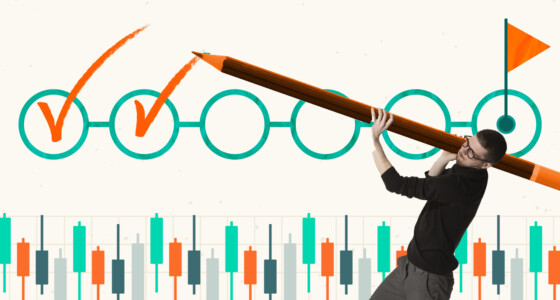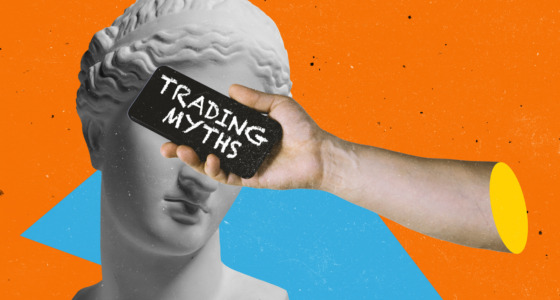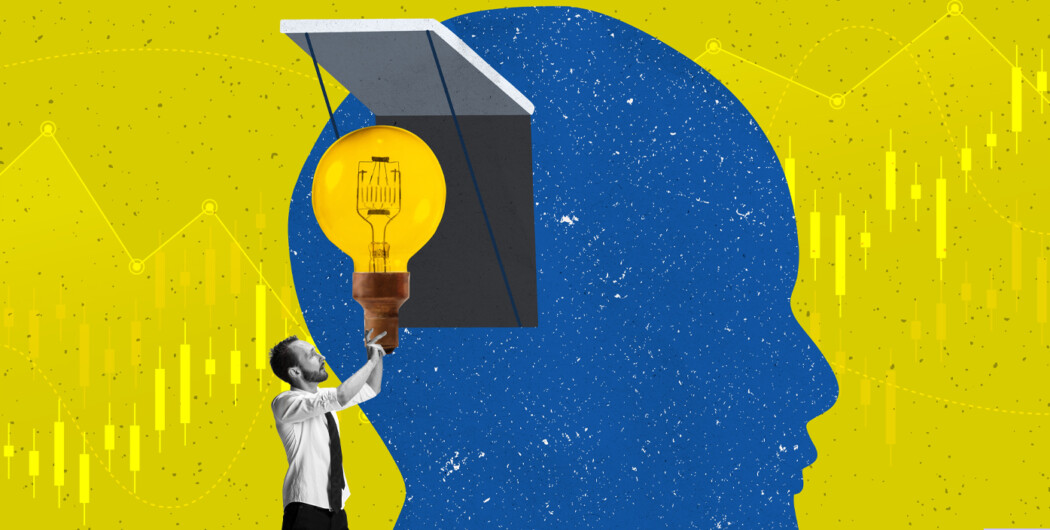

Scientists have developed different tools to monitor brain plasticity. In just 100 years, they’ve gone from the first electrocorticogram recording to The Brain-AI Closed-Loop System, a wireless earbud-like brain analysis device. The latest emerging technology almost sounds like something from a science fiction book, like time machines and replicators.
These kinds of advancements helped scientists peek into traders’ brains and learn how this activity changes the way they think, feel, and make decisions.
New pathways in the brain
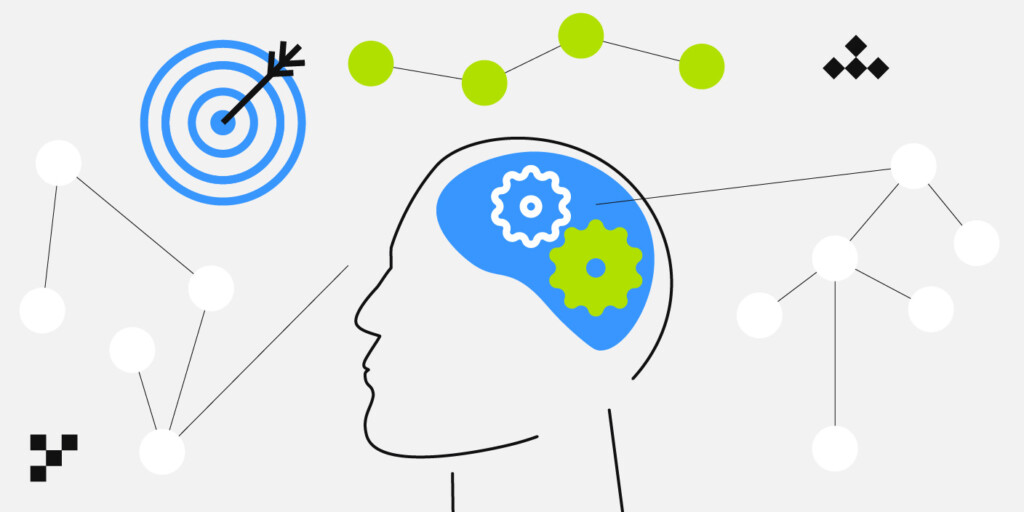
Learning the ropes of trading is like learning a new skill. It helps you develop new pathways in the brain and stimulates existing neurons in the brain. Eventually, learning helps electrical impulses travel faster, which means you become at processing new information. See? The more you learn, the better you become at learning.
Another benefit of creating new connections in the brain is that it helps prevent a number of neurological conditions. Such a protective measure is called neuroplasticity. So, partaking in mentally stimulating activity builds a kind of brain resilience.
Release of dopamine
Trading makes you feel anticipation and excitement practically on a daily basis. Both emotions are associated with the release of dopamine, a chemical that gives you a sense of pleasure.
What’s more, even the thought of something can release dopamine. The same happens when you open a potentially profitable trade, and the thought alone can make you feel all fuzzy and warm.
The more you do things that release dopamine in the brain, the more motivated you’ll feel to carry on, says Dr. Ciara McCabe, professor of neuroscience, psychopharmacology, and mental health at the University of Reading. The first pleasurable experience on the market kick-start the cycle, and it acts as a reward system.

Brain training: challenging, complex, repetitive

Trading qualifies as a brain training activity because it meets the key guidelines:
- Challenge: The brain develops when it’s challenged. Even if trading is not a new endeavor for you, you can raise the bar and still benefit.
- Complexity: This is not the same as a challenging activity. A complex activity has a non-trivial internal structure and multiple actors and levels. This perfectly describes the stock market with its many players, subject matters, resources, and methods involved.
- Practice: Finally, drain training requires repetitiveness. Practice makes permanent, says Dr. John N. Morris, director of social and health policy research at the Harvard-affiliated Institute for Aging Research. The more you engage your brain (translation: the more you trade), the more it benefits.
Latest research on the brain of a trader
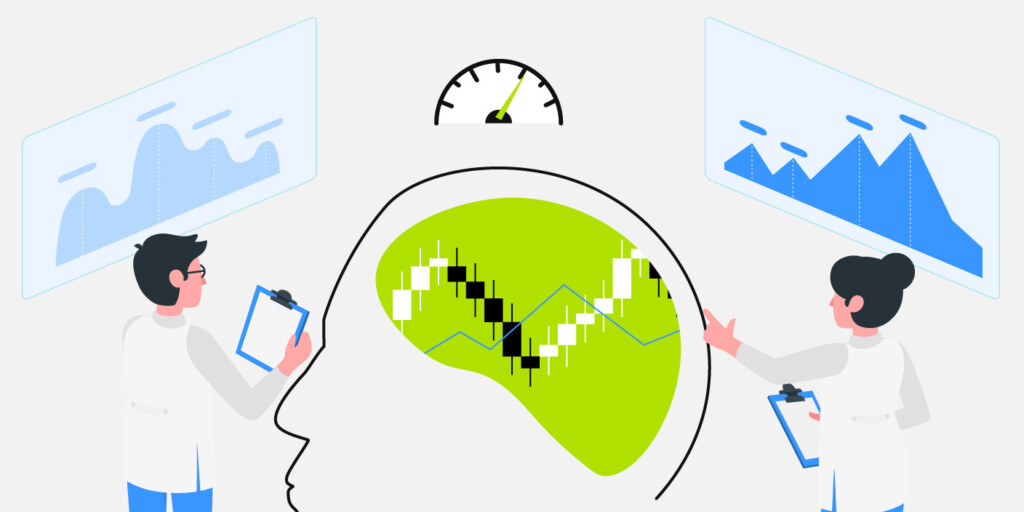
There isn’t much research studying the “trading brain”, but even the limited number of studies reveals a lot of exciting and intriguing facts.
If a price runs much higher than it really should, people evolutionarily track it as a reward. But if the price goes too high, some traders start experiencing bodily discomfort and unpleasant emotional states. The difference is who listens to the gut feeling and who doesn’t; and traders who did were the high-earners in the study.
Another study looked at the brain during selling decisions. Traders had lower activity in the part of the brain that anticipates bad consequences compared to participants without trading experience. It means trading permanently changes the way you make decisions, sort of forcing you to be more positive and hopeful.
In conclusion, trading can be not only a life-changing activity but also brain-altering. Luckily for you, these changes are something that most people are seeking anyway.
Sources:
Train your brain, Harvard Health
Inside the brain of a trader: A biomarker for irrational exuberance, CNBC
Trading changes how brain processes selling decisions, Chicago News




